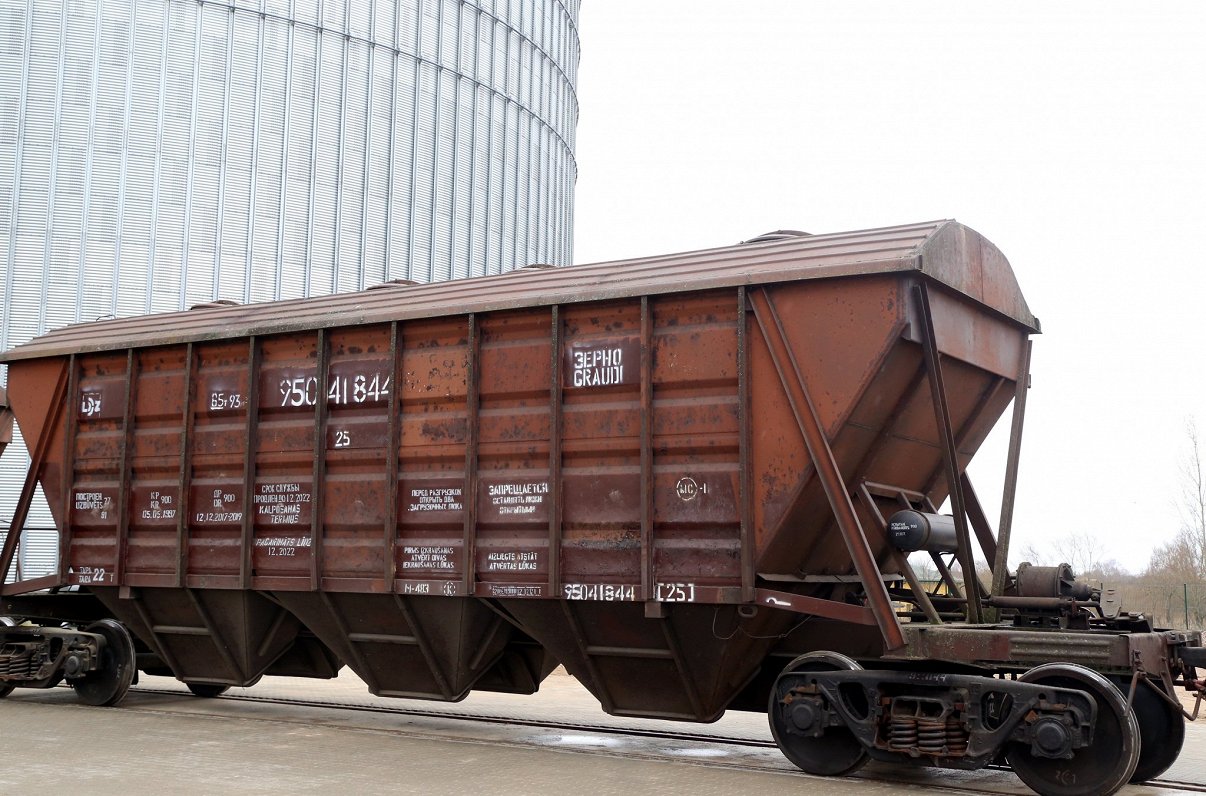Latvia alone is not likely to take such a step, rather encouraging a common position throughout the European Union.
The responsible ministries are currently instructed to compile data on how much grain enters Latvia, whether grain from Ukrainian occupied territories could be among them, as well as what losses such a decision would have for the Latvian economy and transit sector.
“We are also still, with other European Union countries, committed to delivering food to African countries, from which there is currently a fairly large influx of migration to southern European countries,” Prime Minister Evika Siliņa (New Unity) noted.
Economy Minister Viktors Valainis (Union of Greens and Farmers) said: “If we only do it locally and believe the case has been closed, it will not achieve any strategic objectives. This must therefore be done jointly by the European Union as a whole.”
Initially, Russian grain imports into the European Union were called for by Agriculture Minister Armands Krauze (Union of Greens and Farmers) to be banned. The initial offer was to ban only imports while keeping those products in transit so as not to hurt poor countries outside the European Union that lack food.
Latvia has also held discussions about whether the transit of Russian grain cargoes to third countries should also be prohibited, so that Latvia is not part of this chain in any way, because there is a risk that some of the grain may also be so-called bloody grains stolen from Ukraine. However, it is not certain that the European Union would also be prepared for a transit ban.






























